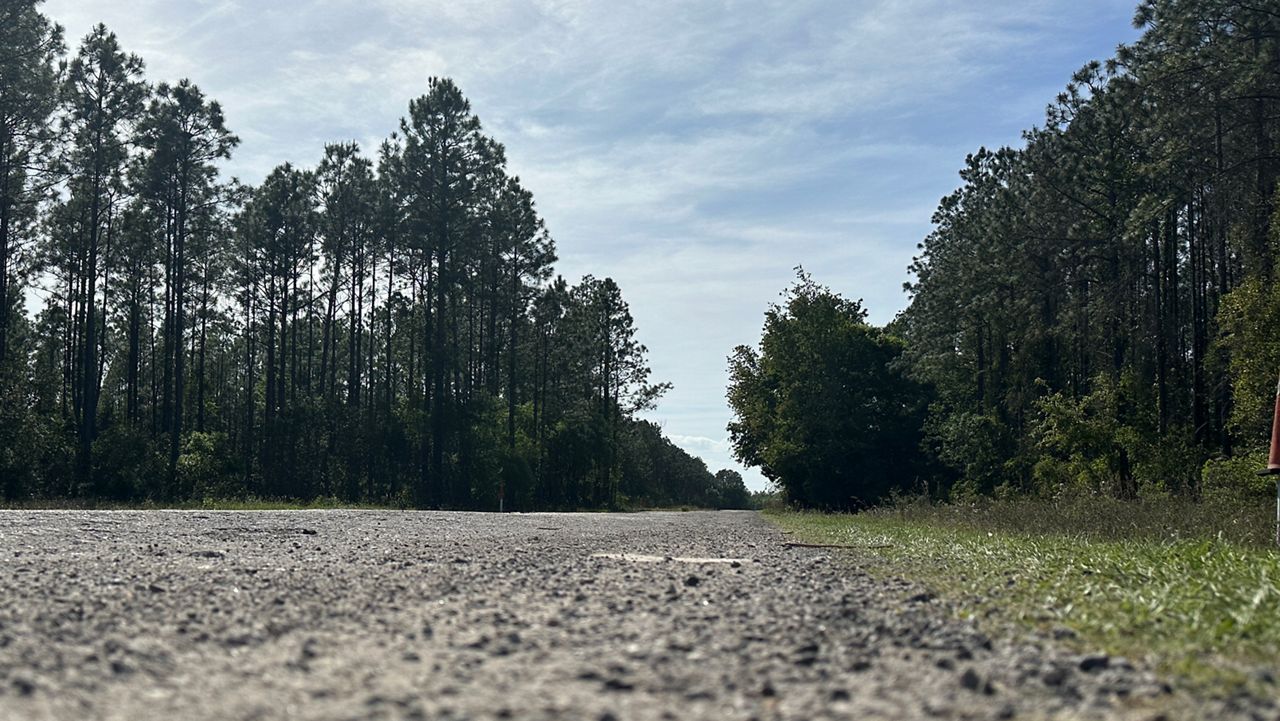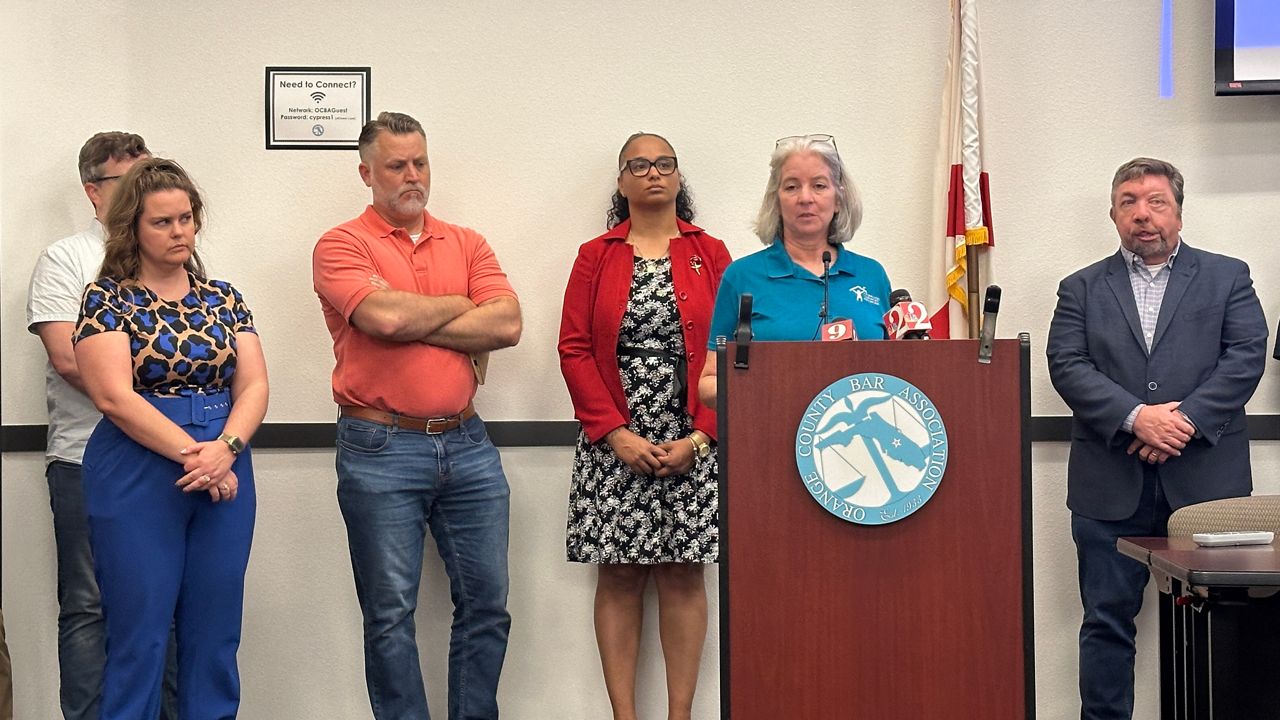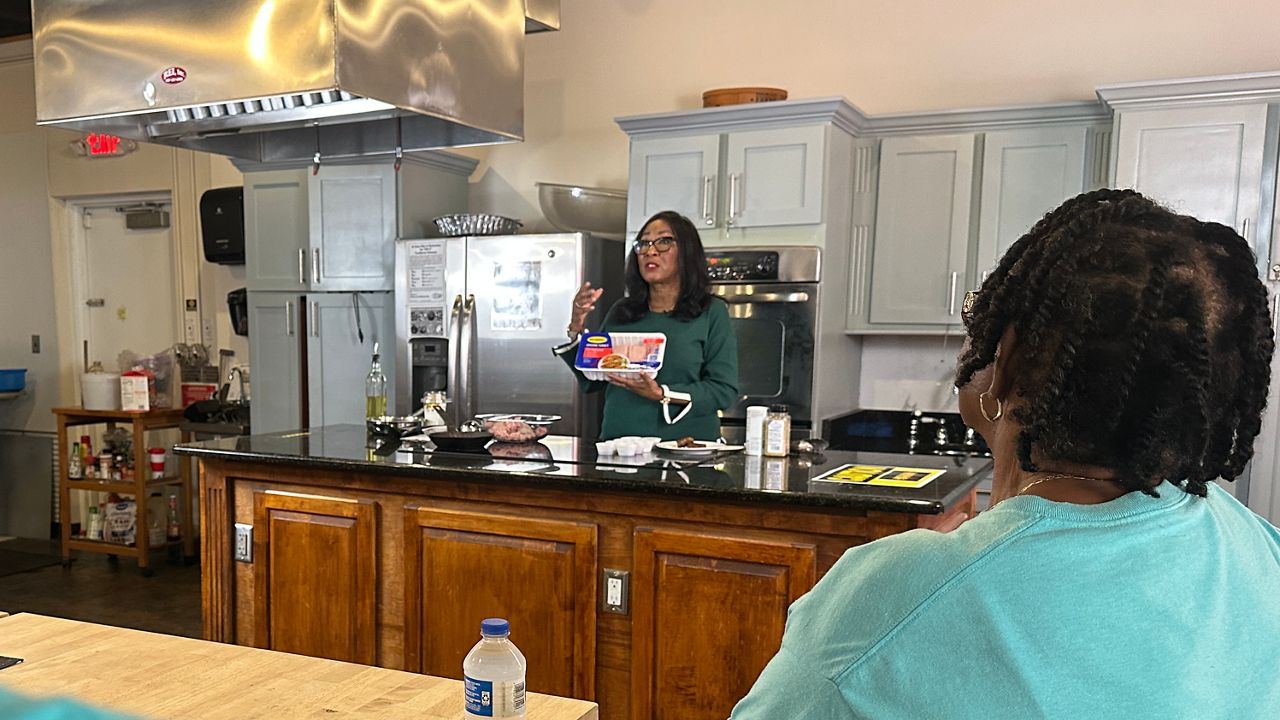PORT ORANGE, Fla. — There are many challenges people with disabilities face that some might not think about.
One challenge is finding employment, and then, if they get a job, getting there can also be difficult. Together, they are two major obstacles that can prevent many from being included in the workforce.
Connor Curely, 20, has figured a way to overcome the challenges of having a disability and becoming a part of the workforce.
“There is never a challenge too hard for me,” said Curely, working with robotics inside his home.
Curely has cerebral palsy and developed seizures as a baby. He incurred disabilities that affected part of his brain and speech.
One challenge Curely can’t overcome is the law.
Florida does not allow drivers who suffer simple partial seizures — a type of seizure that does not affect a person’s awareness — to obtain a driver’s license.
Curely has written the Florida Legislature and asked for the law to be changed.
His mother, Lisa, says her son wants to be employed, but faces the challenges that many with disabilities face.
“Let’s say he finishes his degree in coding — gets certified on computer rated design," she said. "Well, where can he work? He can work wherever his bicycle can take him right now."
To overcome his transportation woes, Curely got an electric bicycle and rides it whenever he needs it — including finding a place that will hire him.
His electric bicycle, and the independence it provides, has allowed Curely to seek employment while attending college.
“Because it gives me freedom and independence,” he said.
That freedom has come thanks to EmployU, a nonprofit that connects individuals like Curely with employers.
EmployU’s Evelyn Brown has helped Curely connect with job prospects.
“I work with young people to get entry-level work skills at independent work sites,” Brown said.
She helped Curely get a part-time position with Culvers Restaurant, which is located less than a mile from his home.
“No one can get employed or stay employed without reliable, safe, affordable transportation,” Brown said.
EmployU Transition Youth Services is for students ages 14 to 22, who are enrolled in high school or post-secondary school, and receive specialized education services through an IEP or 504 plan, and are eligible to participate in the transition youth program.
For Curely, it’s a solid and reliable pathway to develop work skills before graduating from college.











